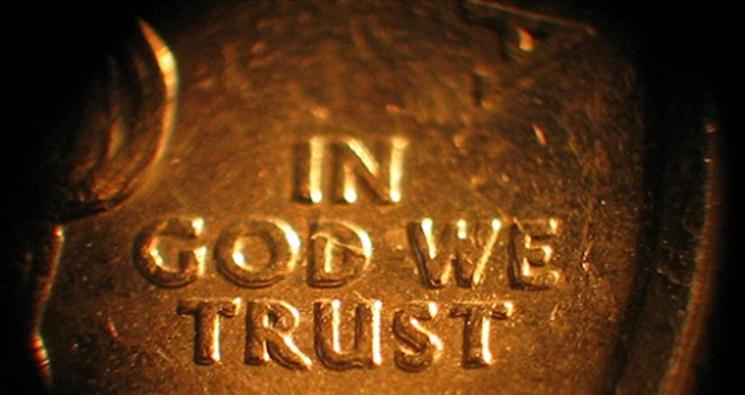The Essentiality of Religious Argument in the Public Square
I just finished my second reading (the first was many years ago) of James McPherson’s outstanding single-volume history of the Civil War, Battle Cry of Freedom. The first time I read the book I was primarily interested in his take on the military history of the war. Was it a close-run conflict? Was the outcome inevitable? This time, however, I was less interested in the now-familiar contours of the Wilderness campaign than I was in the social history — how the union came to split apart, how the war aims changed from reunion to emancipation, and how the nation tolerated casualties at a rate unmatched before or since.
In my reading, I was taken by surprise by the intensity of the religious debate and the religious conversation before and during the war — to the point where abolitionists were consistently scolded as religious zealots and fanatics. And yet that searing evangelical witness eventually won the day, motivating not just union but abolition and — ultimately — the first, halting attempts at legal equality for freedmen.
This historic reality flies in the face of the modern trend of even the most faithful politicians and culture warriors intentionally draining their arguments of religious content — as if there case for life or marriage isn’t truly legitimate unless it can also be made in largely secular terms. A case in point was Paul Ryan’s abortion response in his vice presidential debate with Joe Biden, where he mentioned his religious faith but mainly grounded his argument in “science” and “reason.”
While I appreciate the effort to make arguments appealing to as many people as possible, I do believe that by abandoning or minimizing the faith-filled argument we’re actually abandoning or minimizing our best, most persuasive case. Let’s not forget, the call to cleanse our words of religion comes primarily from our most ardent opponents, not from the persuadable middle. In fact, the middle largely (though passively) resists efforts to drive religion from the public square, disdaining politically correct cleansing of religious symbols and religious language from public conversation. That’s because the middle is still religious. They may not be orthodox, and they may not practice their faith consistently, but the language of faith still resonates deep in their hearts and consciences.
After all, when we speak about life or about marriage — and yet leave God behind — we are less than sincere. I believe an unborn child is an unborn child not because of DNA or ultrasounds but because I know that we are “fearfully and wonderfully made” — known by God before we even before we were stitched together in our mothers’ wombs. I understand what marriage is and should be not by sociological research about child poverty and the psychological effects of divorce but because of the created order and the words of Jesus himself regarding the sacredness of the marriage bond.
We should not leave behind our best — our truest — arguments simply because our opponents rule them out of bounds. Simply put, spiritual truth is far more powerful than contemporary “rules” of discourse.
